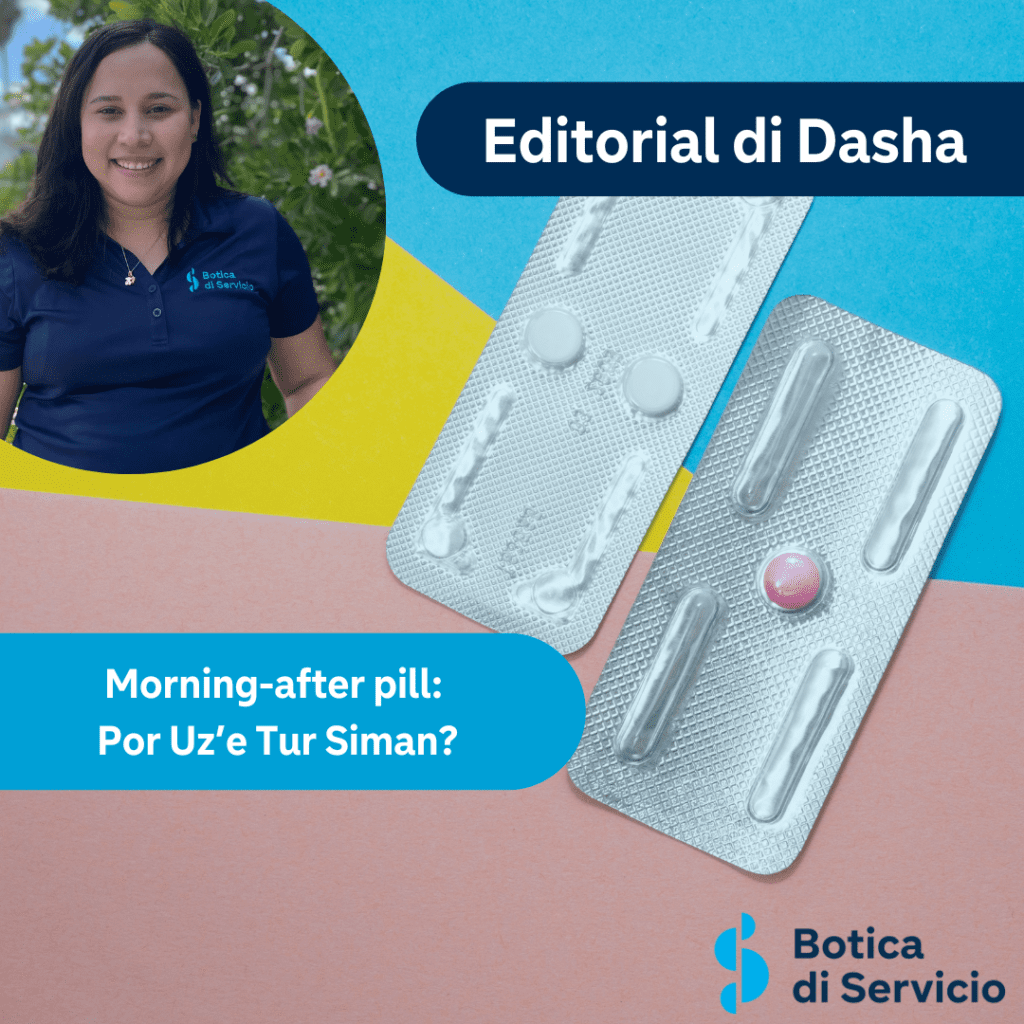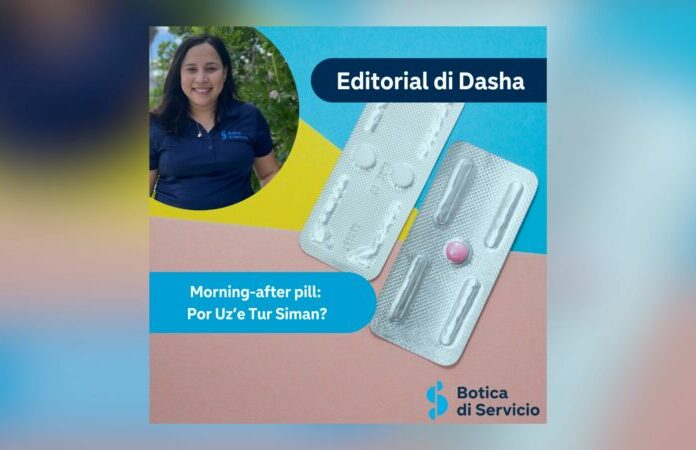What it is and how it’s used?
Emergency contraception, often referred to as the “morning-after pill,” remains a crucial remedy in reproductive health, offering individuals a second chance to prevent unwanted pregnancies after unprotected sexual intercourse or contraceptive failure. Despite its availability, there are still misconceptions and stigmas causing difficulties in understanding its effectiveness.
First and foremost, it’s crucial to debunk the myth that the morning-after pill is synonymous with abortion. Unlike abortion, which terminates an established pregnancy, the morning-after pill prevents pregnancy by inhibiting ovulation, fertilization, or implantation. This acts as a preventive measure, not as a method of abortion.
Although it can be effective in preventing pregnancy if taken promptly after unprotected sexual intercourse, its intention is not to be used as a primary method of contraception.

Why?
The morning-after pill is not as effective as other forms of contraception, such as Microgynon, condoms, or intrauterine contraceptives (IUDs). Using the morning-after pill as a regular method of contraception may carry a higher risk of unwanted pregnancy compared to using other contraceptive methods.
Frequent use of the morning-after pill may increase the likelihood of experiencing annoying side effects, such as nausea and discomfort, as well as changes in the menstrual cycle.
While the morning-after pill is safe for occasional use, its long-term effects on health are not well-known. It’s unclear whether frequent use of the morning-after pill may have implications for fertility and reproductive health in general.
Additionally, timing is crucial when using the morning-after pill, as its effectiveness is based on the timing of its intake after unprotected sexual intercourse. The most common morning-after pill contains levonorgestrel (Postinor). These are available over the counter at pharmacies, but they work best if taken within 72 hours (3 days) after having unprotected sexual intercourse. It’s also important to note that this remedy works by blocking ovulation, so if taken after ovulation has already occurred, it may not be as effective.
The morning-after pill is a remedy that helps a person plan their future when things don’t go as planned. But it’s essential to remember that it does not replace other more effective methods and may have consequences for a person’s well-being if used frequently. It’s also important to know that it does not prevent sexually transmitted infections; for this, a condom is always more effective. And as always: for any personalized advice on this, feel free to contact us.
For more information, visit our website www.boticadiservicio.com!







